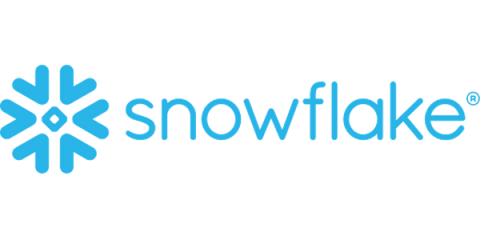Systems | Development | Analytics | API | Testing
%term
Scaling Mastery: Demystifying the Secrets of Ladder-Based Scaling | Nagabhushan Ramappa | #scaling
AWS Redshift vs. The Rest - What's the Best Data Warehouse?
In the age of big data, where humans generate 2.5 quintillion bytes of data every single day, organizations like yours have the potential to harness more powerful analytics than ever before. But gathering, organizing, and sorting data still proves a challenge. Put simply, there's too much information and not enough context. The most popular commercial data warehouse solutions like Amazon Redshift say they deliver structured, usable data for businesses. But is this true?
Enabling gRPC and HTTP/2 support at the edge with Kuma and Envoy
Our thing is to let you deploy your apps globally in less than 5 minutes with high-end performance. Not only does this require us to be meticulous about everything composing our infrastructure layer, but also we have to support high-level protocols like WebSockets, HTTP/2, and gRPC. There are two major things in the infrastructure impacting performance: hardware and network. On the hardware side, we deploy all apps inside microVMs on top of high-end bare metal servers around the world.
OOP Concepts in C#: Code Examples and How to Create a Class
Object-oriented programming (OOP) is a paradigm (a sort of “style”) of programming that revolves around objects communicating with each other, as opposed to functions operating on data structures. C# is the flagship language of the.NET ecosystem. Despite being a multi-paradigm language, its forte is certainly OOP. OOP is a recognized programming paradigm, but programming languages differ in how they interpret and implement its tenants.
Selenium vs. Out-of-the-Box Test Automation Tools: Which Is Right for You?
Test automation has become an essential part of the software development process. Rather than spending hours conducting manual tests, you can write a script once and execute it with each release. This helps to maximize test coverage and save time, resulting in lower testing costs and a better customer experience. But which test automation tool should you use? What’s the difference?
Powering the Latest LLM Innovation, Llama v2 in Snowflake, Part 1
This blog series covers how to run, train, fine-tune, and deploy large language models securely inside your Snowflake Account with Snowpark Container Services This year there has been a surge of progress in the world of open source large language models (LLMs). This world of free and open source LLMs took yet another major step forward just this week with Meta’s release of Llama v2.
What makes a test NOT a test?
Learn more in our full episode 👉 https://www.youtube.com/watch
#testautomation #testingstrategy #softwaredevelopment
SaaS in 60 - New Cloud Application Sources in Qlik Cloud Data Integration
Boosting Object Storage Performance with Ozone Manager
Ozone is an Apache Software Foundation project to build a distributed storage platform that caters to the demanding performance needs of analytical workloads, content distribution, and object storage use cases. The Ozone Manager is a critical component of Ozone. It is a replicated, highly-available service that is responsible for managing the metadata for all objects stored in Ozone. As Ozone scales to exabytes of data, it is important to ensure that Ozone Manager can perform at scale.











